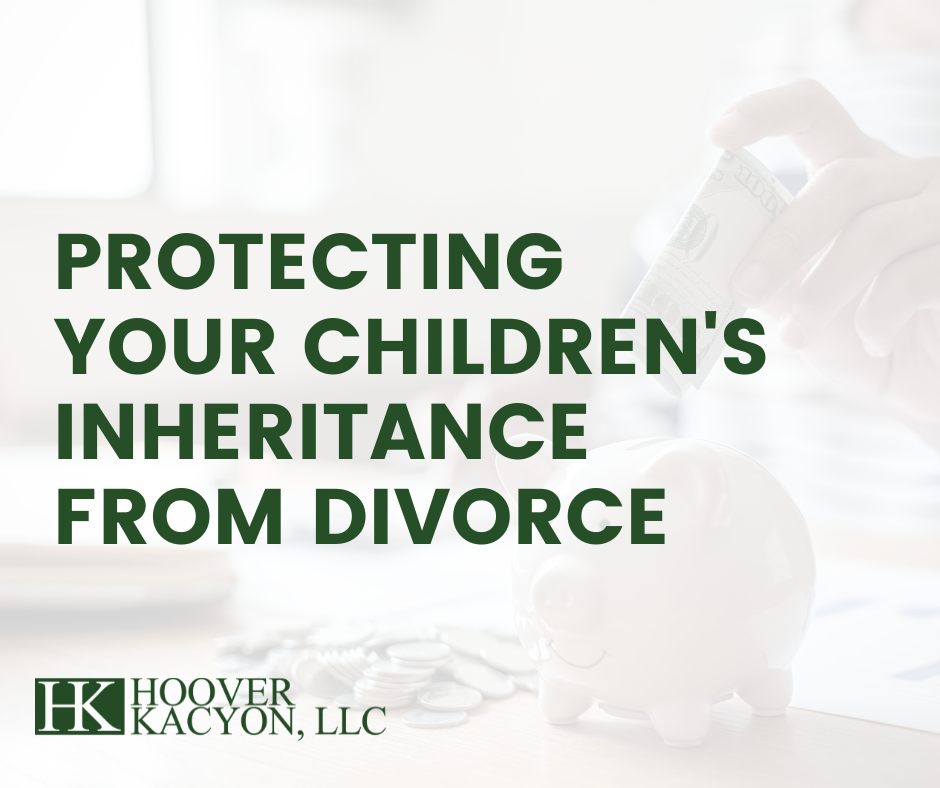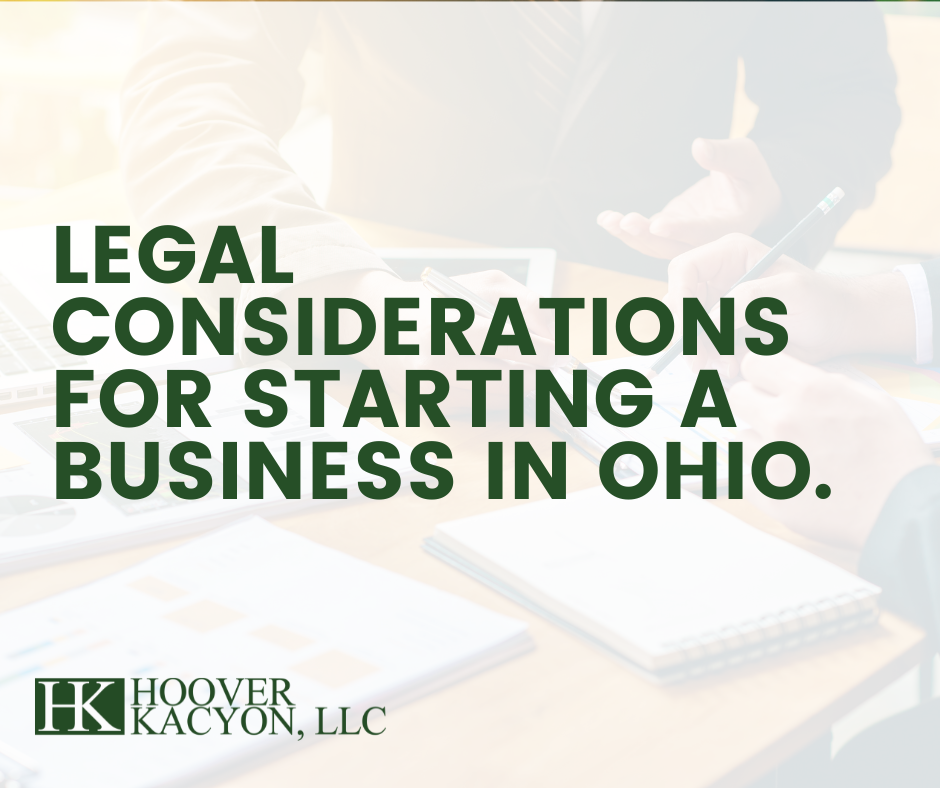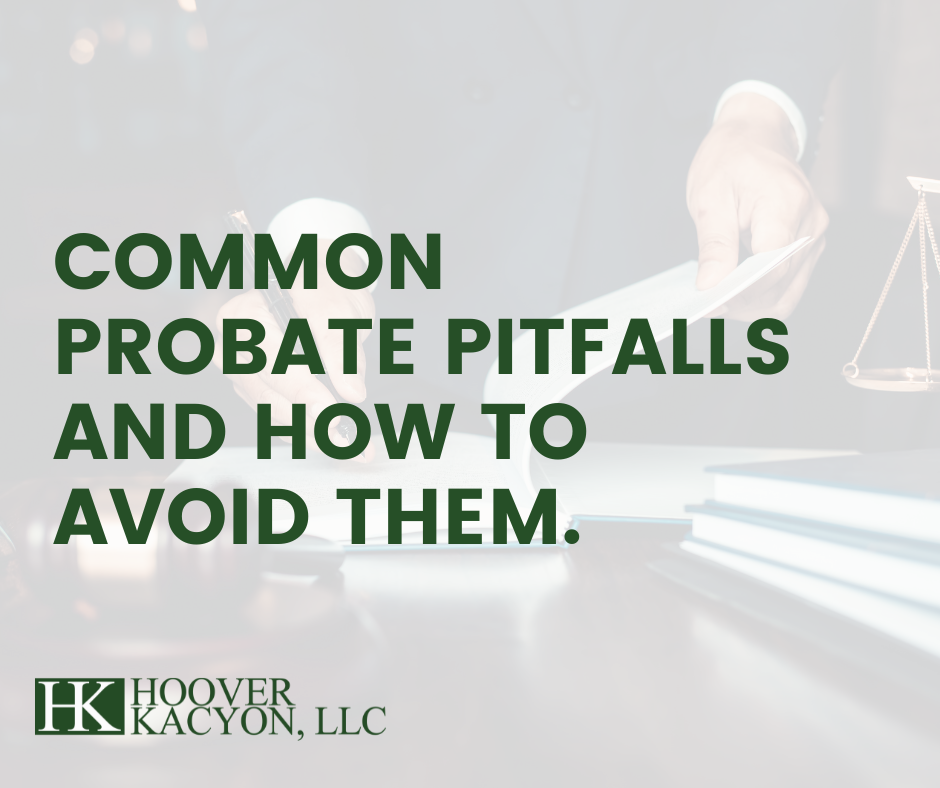Congratulations! You’ve decided to adopt a child. You probably now realize that adoption can be tricky. Let us help you navigate some of the most frequently asked questions about adoption in Ohio below.
Are there any age restrictions to adopt a child?
Yes. You must be at least 18 years old to adopt a child in Ohio.
When adopting from a private agency, do you need to hire legal representation?
No, it’s not a requirement. However, having an attorney present may be in your best interest. Discuss the option with the private agency to see if you should consult a lawyer.
Do you receive tax credits or subsidies as an adoptive parent?
Yes, you do. State and federal financial assistance programs are available. Federally, parents are eligible for subsidies and tax credits for qualified adoption expenses such as adoption or attorney fees. The state of Ohio offers different Adoption Subsidy Programs, too. A grant program has also been put into place for Ohio as of April 7, 2023.
Can one attorney represent both the adoptive parents and the birthparent?
Each party should have its own attorney to ensure both the adoptive parents and the birthparent have individualized legal advice without conflicts of interest.
What are our options if the contract agreement is unfulfilled by the biological child’s
adoptive (or foster) family?
Not fulfilling the terms of the agreement can create challenges for the families involved. Ohio has no legally binding agreements for openness or contact once families finalize an adoption. However, concerns about foster families can be brought to the attention of the welfare agency in charge of the child.
What rights do putative fathers have?
The Ohio Department of Job and Family Services maintains the Putative Father Registry (PFR) database. Men can register with the PFR during the pregnancy or 15 days post-delivery of a child if they believe they are the father. Registering allows them to be notified if the child is placed for adoption.
Where do families find legal support for finalizing papers?
The local community legal aid clinic may be able to provide legal assistance to low-income families looking to adopt.
What is kinship care, and what legal choices exist for families with that option?
If a child’s parents are unable or unwilling to care for them full-time in Ohio, then kinship care may be a good alternative. Depending on how much cooperation you have from the child’s parents, the legal path for kinship care may need to establish legal custody or guardianship, a relative foster care placement, or a kinship adoption.
What legal steps can a family take if they feel misled through options?
First and foremost, families should contact their attorney immediately if they feel misled about
their options. Adoption fraud varies for legal remedies. Individual circumstances will direct the
path to take, and acting swiftly will offer the greatest chance of a favorable outcome.
Make the process easier on yourself, maintain a reasonable timeline, and never miss a qualifying piece in your adoption journey by hiring an attorney. The lawyers at Hoover Kacyon, LLC., are dedicated to supporting our clients. We deliver the highest quality legal representation from a team of professionals while also providing excellent customer service. Call us at
330-922-4491 or
contact us online to make an appointment.
Recent Posts









YOU MIGHT ALSO LIKE









